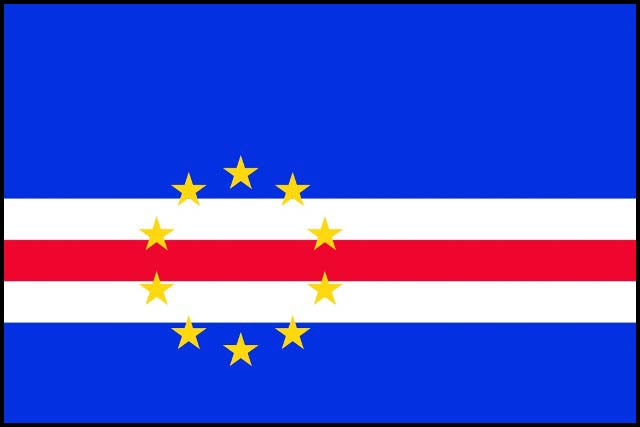Background
Agro-forestry-pastoral and Fisheries is one of the critical and viable sectors with an increasing need for intervention in the region. Agro-pastoral products are the second largest intra-community trade, far behind hydrocarbons. Amongst agro-pastoral products, livestock is the largest item, with an estimated value of more than USD 340 million (CILSS). More than 50% of the region’s population live in rural areas and derive most of their resources from agro-forestry-pastoral and fishing activities (ECOWAS Strategic Policy Framework, 2025).
The enrollment of young people is significantly low in this sector. In furtherance, the ECOWAS Commission adopted in 2019 (i) a regional strategy for youth employability, (ii) priority investment programs for massive job creation, and (iii) specific mobilizing projects for the benefit of regional professional organizations and Member States. By 2030, the strategy anticipates that at least 30% of young people will be employed in the sector, a 75% reduction in youth underemployment in rural areas and a 75% reduction in young people subject to emigration. It will be deployed through the priority investment program and the 12 specific mobilizing programs of the 12 regional professional organizations. The action is based on the urgent need to involve the networks of regional professional organizations and the sector ministries in the operationalization process of the strategy (CORAF, 2021).
Problem Statement
The Agro-forestry-pastoral and Fisheries sector is faced with a huge challenge of youth employment. Despite the importance of this sector, youth involvement is significantly lower than one would expect. ECOWAS seeks and continues to embark on initiatives to ensure youths become more involved in the agro-forestry-pastoral and fisheries sector. The importance of Agro-forestry-pastoral and fisheries sector is worth overemphasizing because the sector serves as the main driving force behind the region’s economy and development. The massive involvement of youth in this sector is paramount for several reasons. For instance, youth employability will also enable, among other things, to reduce their uncontrolled emigration from the region and the continent, their exposure to the risk of integrating criminal groups and thus, strengthen peace and stability in the region which already faces many scourges, including civil insecurity and the coronavirus pandemic.
Expected Results/Outcomes
ECOWAS expects youth employment rate in the agro-forestry-pastoral and fisheries sector to increase by at least thirty percent or more in the next seven years. More broadly, ECOWAS seeks a modern and competitive agro-forestry-pastoral and fisheries sector to increasing agro-forestry-pastoral and fisheries productivity and production through diversified and sustainable production systems, and to reducing post-production losses (ECOWAS Strategic Policy Framework, 2025). The promotion of youth employability in the agro-forestry-pastoral and fisheries sector and the promotion of local milk are two of the ECOWAS Commission top priorities. Subsequently, the Commission mobilizes and invites stakeholders and partners to address them. Below are the specific and expected outcomes.
- Agro-forestry-pastoral and fisheries productivity and production are increased.
- Production systems and techniques are adapted to climate change and the management of natural resources for agro-forestry-pastoral and fisheries exploitation purposes is improved and sustainable.
- Post-production losses are reduced.
- Decent employment and incomes are increased.
- Gender inequalities are reduced.
Collaborating Partners & Coordinating Mechanism.
There are several collaborating partners within the Agro-forestry-pastoral and fisheries sector. European Union and the Swiss Cooperation provided financial supports for the development of a regional strategy as well as a priority investment program. This strategy aims to double the volume of local fresh milk production to 10 billion litres per year by 2030. The investment program proposes development schemes for the different links in the chain to be scaled up throughout the region such as improving the productivity of livestock systems, (ii) collection, processing, and marketing, (iii) a favorable environment and (iv) coordination and facilitation of its implementation.
Spotlight of main interventions or programs achieved:
- Development of a regional strategy to double the volume of local fresh milk production to 10 billion litres per year by 2030.
- Development of a regional investment program to improve the productivity of livestock systems; its collection, processing, and marketing; to ensure a favorable environment, and for the coordination and facilitation of its implementation.
List of the main strategic, regulatory, and technical documents or reports validated and published by ECOWAS:
Milk Sectors: Major Achievements to be Valued Promotion of Youth Employability in the Agro-forestry-pastoral and Fisheries and Local. http://araa.org/en/news/promotion-youth-employability-agro-forestry-pastoral-and-fisheries-and-local-milk-sectors-major














